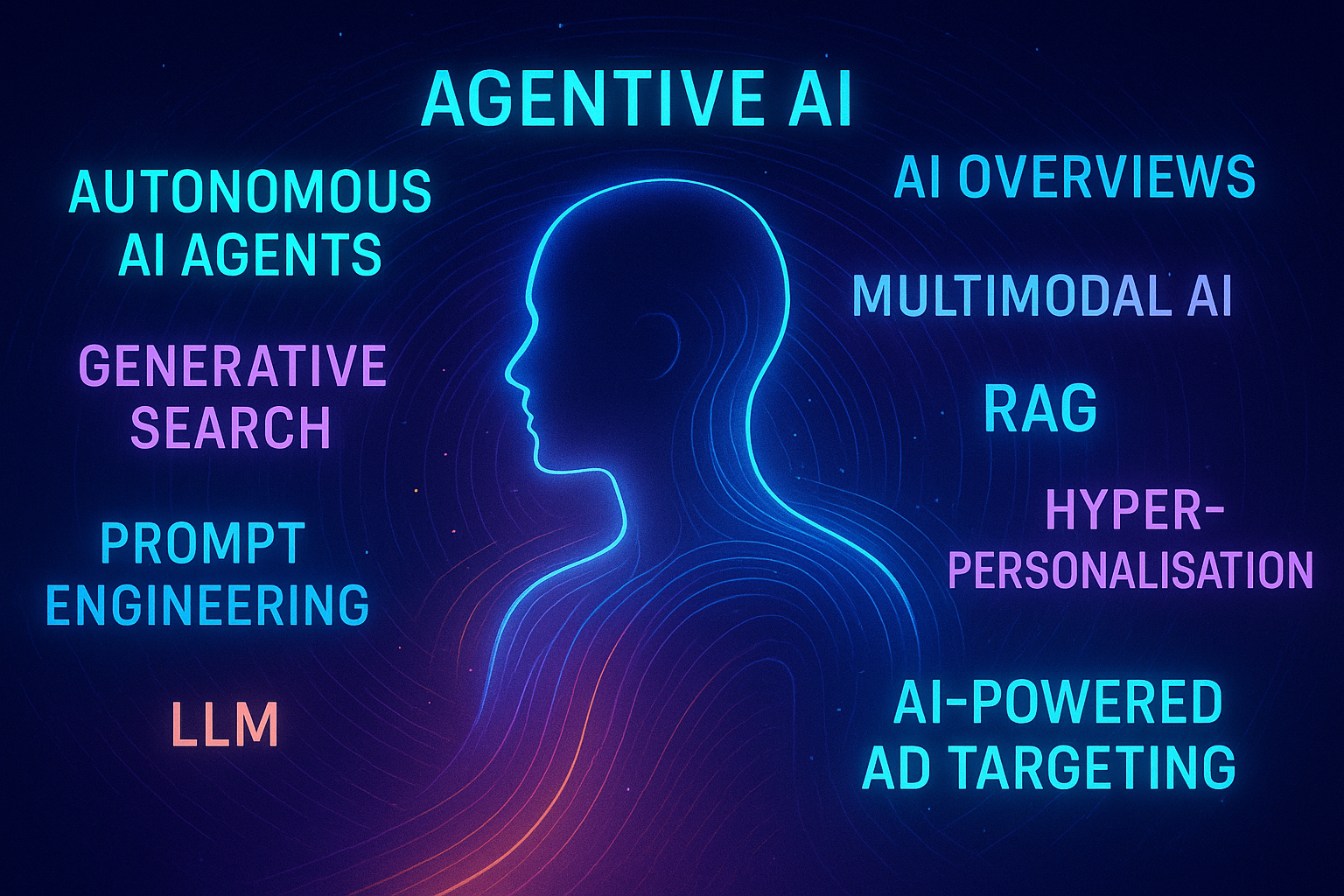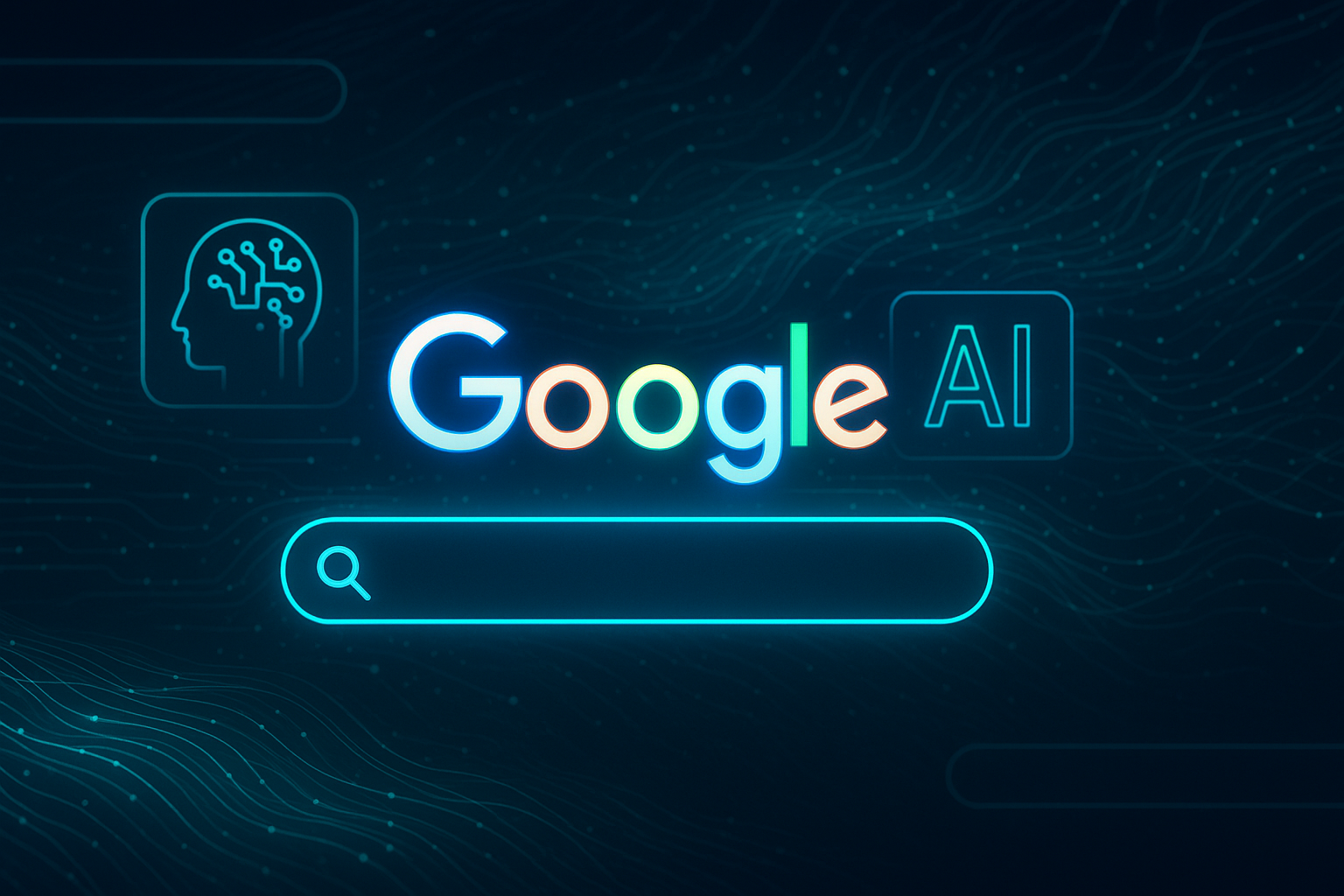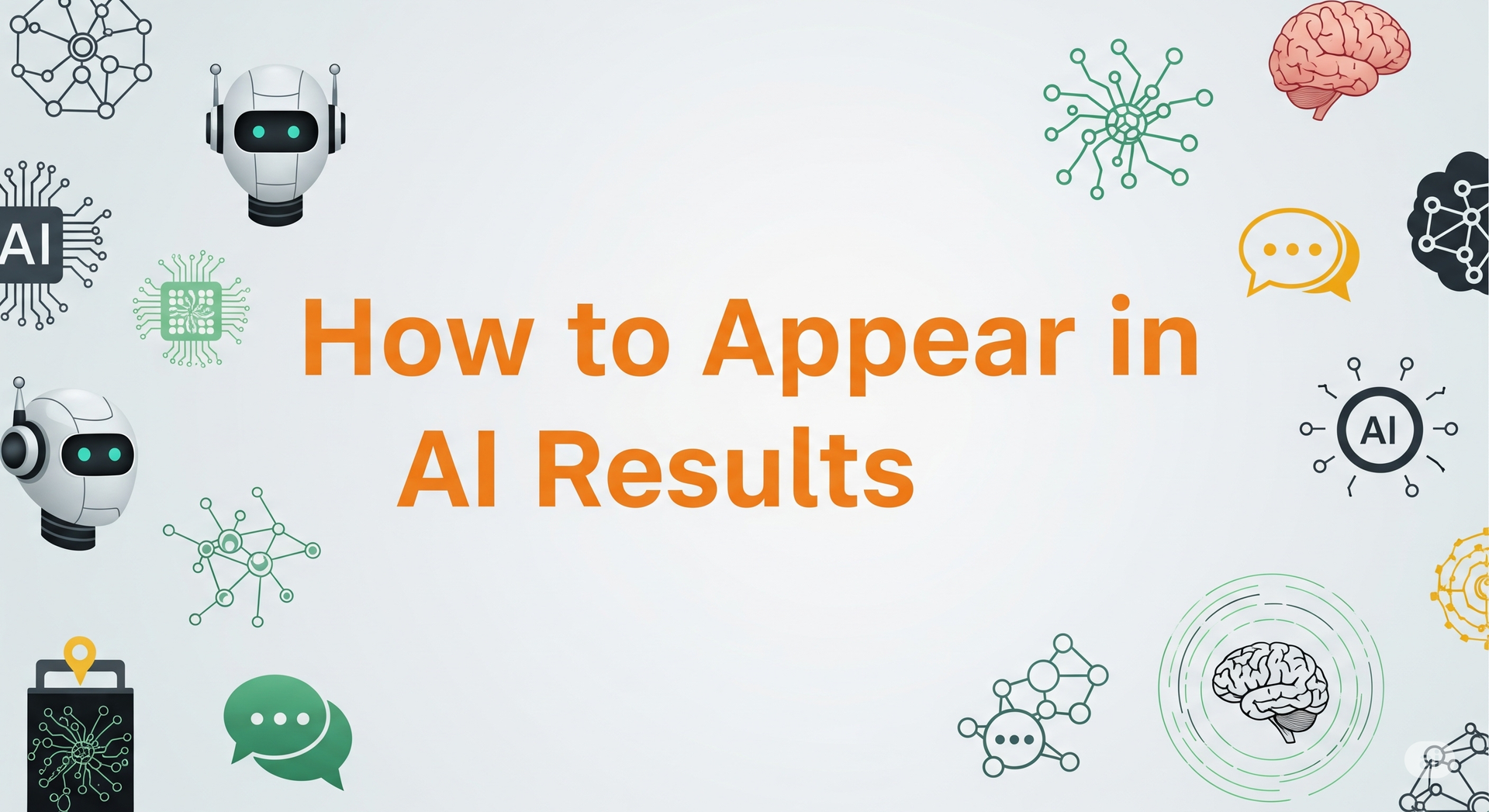The Impact of AI on Customer Experience
The Impact of AI on Customer Experience
Artificial Intelligence (AI) is no longer just a futuristic concept; it has become an integral part of how businesses interact with customers every day. From chatbots on websites to personalised product recommendations on eCommerce platforms, AI is shaping the way customers experience brands. At H10 Marketing, we know that customer experience (CX) is at the heart of business success, and AI has opened up new possibilities to make that experience faster, more personalised, and more meaningful.
In this blog, we explore how AI is transforming customer experience, the opportunities it presents, the challenges it brings, and what the future holds for businesses that embrace it.
What is AI in Customer Experience?
AI in customer experience refers to the use of technologies such as machine learning, natural language processing (NLP), and predictive analytics to understand customer behaviour, automate responses, and deliver personalised interactions. Rather than treating all customers in the same way, AI helps businesses tailor each experience to the individual — whether that means anticipating a need, answering a question, or recommending the right product at the right time.
Key Ways AI is Impacting Customer Experience
1. Personalisation at Scale
Customers expect personalised experiences. AI enables businesses to analyse huge datasets and deliver content, recommendations, and offers that feel tailored to each user. For example, AI algorithms power platforms like Netflix or Amazon to suggest films, shows, or products based on past preferences.
2. 24/7 Customer Support with Chatbots and Virtual Assistants
AI-powered chatbots can respond instantly, around the clock. These bots use NLP to understand queries, provide accurate answers, and escalate to a human agent if needed. This ensures no customer is left waiting.
3. Predictive Customer Insights
AI can forecast what a customer might want next. Retailers use predictive analytics to identify buying patterns, while service providers use it to anticipate support needs before a problem occurs.
4. Enhanced Customer Journey Mapping
AI analyses every touchpoint — from website visits to social media interactions — to map the customer journey. This helps businesses identify friction points and improve the experience.
5. Voice Recognition and Conversational Interfaces
Voice assistants like Alexa, Google Assistant, and Siri are examples of AI making interactions more natural. Brands can integrate voice-driven experiences to make engagement faster and more intuitive.
6. Fraud Detection and Security
AI doesn’t just make experiences smoother; it also makes them safer. Financial services use AI to monitor transactions in real time and flag unusual activity, giving customers peace of mind.
Benefits of AI in Customer Experience
- Efficiency – Faster response times and automated service reduce waiting.
- Consistency – AI provides accurate answers and eliminates human error.
- Scalability – Businesses can serve thousands of customers simultaneously without reducing quality.
- Proactive Service – AI can detect issues before customers report them.
- Customer Loyalty – Personalised, seamless experiences build stronger relationships.
Challenges of AI in Customer Experience
While the opportunities are exciting, businesses must also navigate challenges:
- Privacy Concerns – Customers want personalisation, but they are also concerned about how their data is used.
- Maintaining the Human Touch – Over-reliance on AI can make interactions feel robotic. The balance between automation and empathy is key.
- Bias in Algorithms – AI systems are only as good as the data they are trained on. Poor data can lead to biased or unfair outcomes.
- Implementation Costs – Smaller businesses may find AI adoption expensive initially.
The Future of AI in Customer Experience
Looking ahead, AI will become even more sophisticated. Hyper-personalisation, predictive engagement, and emotional AI (systems that detect and respond to human emotions) are on the horizon. For businesses, the opportunity is clear: those that integrate AI into their customer experience strategies will be better positioned to meet rising customer expectations.
How does AI improve customer experience?
AI improves customer experience by making interactions faster, more personalised, and more efficient. From instant support through chatbots to predictive insights that anticipate customer needs, AI helps businesses reduce friction, save time, and create tailored journeys. This leads to higher satisfaction, loyalty, and brand advocacy.
Artificial Intelligence has transformed the way businesses approach customer experience, offering capabilities that would have been impossible to achieve manually. At its core, AI allows companies to process vast amounts of customer data in real time and turn those insights into actionable improvements. This means businesses can understand not just what a customer is doing now, but also what they are likely to want in the future.
One of the most immediate improvements AI brings is speed. Customers today expect fast and seamless interactions, whether they are browsing a website, seeking help, or making a purchase. AI-powered chatbots and virtual assistants ensure that questions are answered instantly, regardless of time zones or office hours. This availability reduces customer frustration and removes the need to wait for human agents, significantly enhancing convenience.
Personalisation is another major advantage. By analysing purchase history, browsing behaviour, and preferences, AI systems can recommend relevant products or services that truly match customer needs. Instead of generic offers, customers receive targeted suggestions that feel tailored to them. For example, a streaming service can recommend films based on previous viewing patterns, while an online retailer can suggest complementary products that enhance the shopping experience.
AI also enables businesses to be proactive rather than reactive. Predictive analytics can identify when a customer might encounter an issue or when they may be due for a repeat purchase. For instance, a telecommunications company might detect unusual data usage and alert the customer before they incur additional charges, or an online grocery platform might remind a customer to reorder essentials before they run out. This foresight makes customers feel valued and cared for.
Moreover, AI improves efficiency behind the scenes. Automation of routine tasks, such as categorising support tickets or managing order updates, frees human agents to focus on complex or emotionally sensitive matters. This division of labour ensures that customers receive quick solutions for straightforward problems while benefiting from genuine human empathy where it matters most.
AI also enhances multi-channel experiences. Customers interact with brands through websites, apps, social media, and even voice assistants. AI unifies these touchpoints, creating a seamless journey across platforms. For example, a customer might start browsing a product on social media, continue exploring it on a website, and complete the purchase via a mobile app — all while receiving consistent and personalised interactions powered by AI.
Finally, AI strengthens loyalty. When customers consistently receive timely, relevant, and smooth experiences, they are more likely to return and recommend a brand to others. This emotional connection is key to long-term business success.
In short, AI improves customer experience by combining speed, accuracy, personalisation, and foresight. Businesses that implement it thoughtfully can not only meet customer expectations but exceed them, creating memorable experiences that foster trust and loyalty.
What role do chatbots play in customer service?
Chatbots play a central role in modern customer service by providing fast, round-the-clock support and reducing the workload on human agents. They answer common queries instantly, guide customers through simple processes like tracking an order or resetting a password, and escalate more complex issues to human staff when needed. This ensures customers receive help quickly, while human teams can focus on sensitive or high-value cases.
The importance of chatbots lies in their ability to deliver availability and convenience. Customers do not want to wait in call queues or wait until office hours to resolve problems. A well-designed AI chatbot provides instant responses, ensuring a smooth experience that fits around the customer’s schedule. This reduces frustration, improves satisfaction, and builds trust in the brand.
Modern chatbots go far beyond simple scripted answers. Using natural language processing (NLP), they can understand context, intent, and tone in a customer’s query. For example, a customer might phrase the same issue in multiple different ways — “I can’t log in,” “my password isn’t working,” or “the site won’t let me in.” A chatbot powered by NLP can recognise these all as login issues and respond with the appropriate solution. This level of understanding brings the interaction closer to human-like communication.
Another valuable role chatbots play is automation of routine processes. They can handle tasks such as booking appointments, processing simple payments, updating customer information, or generating invoices. For businesses, this cuts down operational costs, while customers enjoy quick, frictionless service. In sectors like retail and travel, chatbots can also provide real-time updates, such as delivery tracking or flight information, saving customers the effort of searching manually.
Chatbots also improve consistency in customer service. While human agents can sometimes make errors or vary in tone depending on circumstances, chatbots deliver the same accurate and polite responses every time. This builds reliability into the service, which customers greatly appreciate.
Crucially, chatbots and human agents are not in competition but in partnership. By handling repetitive and predictable tasks, chatbots free up staff to focus on cases that require empathy, negotiation, or deeper technical expertise. This balance creates a more efficient support system where no customer feels neglected.
For businesses, chatbots also provide valuable insights. Every interaction generates data that can be analysed to identify common problems, peak service times, or areas where processes can be improved. This helps organisations continually refine their customer experience strategy.
In conclusion, chatbots are more than just automated assistants — they are now a key part of customer service ecosystems. They provide speed, accuracy, and availability, while complementing human agents where empathy and complex problem-solving are needed. Businesses that integrate chatbots effectively can serve more customers, cut costs, and deliver an experience that meets the expectations of today’s fast-paced world.
Can AI make customer service more personal?
AI can make customer service significantly more personal by tailoring interactions to each individual’s needs, preferences, and behaviours. Instead of generic responses, AI-driven systems can recommend products, adjust communication styles, and deliver experiences that feel unique to each customer. This level of personalisation builds stronger relationships and encourages long-term loyalty.
At the heart of AI-driven personalisation is data. Every interaction a customer has with a business — whether browsing a website, making a purchase, or opening an email — generates valuable insights. AI analyses this data to detect patterns, such as shopping preferences, communication habits, or likely future needs. With this knowledge, businesses can adjust their approach to match the customer’s expectations. For example, one customer may prefer receiving promotional updates via email in the evening, while another may respond better to SMS reminders during the day. AI systems can detect and adapt to these differences.
AI also enhances product and service recommendations. Rather than showing customers random suggestions, AI identifies items that complement previous purchases or align with demonstrated interests. This not only increases sales but also creates a sense that the brand understands the customer on a personal level. For instance, an online fashion retailer might suggest accessories that match a dress already purchased, while a streaming platform may recommend shows similar to the ones a viewer enjoys.
Beyond recommendations, AI can personalise customer support experiences. Intelligent routing ensures that customers are directed to the right service channel or agent, based on their history and the nature of their query. A high-value client might be automatically prioritised to receive faster human support, while routine queries could be resolved quickly by chatbots. This ensures customers feel valued according to their needs and relationship with the brand.
Emotional AI, an emerging field, takes personalisation even further by detecting tone and sentiment in communication. If a chatbot detects frustration in a customer’s language, it can adapt by responding with empathy or escalating the issue to a human agent immediately. This creates a more human-like and emotionally sensitive interaction, even within automated systems.
Another powerful application is proactive engagement. AI can predict when customers may face issues or when they might require additional support. For example, an energy company might use AI to identify unusual consumption patterns and reach out before the customer receives a surprisingly high bill. This level of foresight turns customer service from reactive problem-solving into proactive care, making customers feel understood and appreciated.
Overall, AI absolutely makes customer service more personal, not less. By combining data insights, predictive analytics, and context-aware communication, AI allows businesses to meet customers as individuals rather than anonymous transactions. This creates deeper connections and demonstrates that a brand truly values its customers.
What are the risks of using AI in customer interactions?
While AI offers major benefits for customer experience, there are also clear risks that businesses must address carefully. The most common concerns involve data privacy, loss of human connection, and the potential for biased or inaccurate responses. These risks do not mean AI should be avoided, but they do highlight the importance of responsible and transparent use.
The first risk is privacy. AI relies heavily on customer data — browsing history, purchase patterns, communication habits, and even biometric data in some cases. Customers are often wary about how much information is being collected and whether it is being used responsibly. If businesses fail to explain clearly why data is needed and how it will be protected, they risk losing trust. Non-compliance with regulations such as GDPR can also result in financial penalties. To overcome this, companies must prioritise transparency and allow customers to control how their data is used.
Another risk is the loss of human connection. While AI provides speed and efficiency, it can sometimes make interactions feel cold or robotic. Customers value empathy, especially when dealing with sensitive issues such as financial stress, health concerns, or complaints. If businesses rely too heavily on AI, customers may feel undervalued or frustrated. The key lies in striking the right balance: allowing AI to handle routine tasks while ensuring human staff remain accessible for more complex and emotional interactions.
Bias is another major challenge. AI systems are trained on historical data, and if that data contains biases, the AI can reproduce or even amplify them. For example, biased algorithms may unfairly prioritise or exclude certain groups of customers, leading to unfair treatment. This not only damages customer trust but can also cause reputational harm. Businesses must therefore continuously test and refine their AI systems to ensure fairness.
AI errors and limitations also pose risks. No system is perfect, and if a chatbot misinterprets a query or provides incorrect information, the result can be customer frustration and even financial loss. Over-reliance on AI without proper human oversight can compound these problems.
Finally, there is the ethical question of transparency. Customers should be made aware when they are interacting with an AI system rather than a human. Trying to disguise chatbots as human agents can create distrust if customers discover the truth. Clear labelling and honesty are essential to maintaining confidence.
In summary, the risks of using AI in customer interactions include privacy concerns, reduced empathy, bias, errors, and transparency issues. These challenges can be mitigated with responsible design, ongoing monitoring, and a balance between automation and human service. Businesses that approach AI carefully will not only avoid risks but also strengthen trust with their customers.
What does the future of AI in customer experience look like?
The future of AI in customer experience will bring more advanced personalisation, predictive engagement, and emotionally intelligent systems. Customers will increasingly expect brands to understand them at an individual level and to provide seamless service across every channel. Businesses that embrace AI early and responsibly will enjoy stronger relationships and a competitive advantage.
One of the most exciting developments is hyper-personalisation. While AI already offers personalised recommendations, the future will see experiences tailored in real time, based on immediate customer behaviour and preferences. For example, websites could dynamically change layouts, promotions, or product suggestions for each visitor, ensuring every customer journey feels unique.
Another key trend is predictive engagement. AI will not only respond to customer actions but anticipate needs before customers express them. For instance, a travel company could detect that a customer who booked flights last year around the same time might be planning another holiday, and send tailored offers proactively. Similarly, AI in healthcare may predict when a patient is due for a check-up and remind them in advance.
Emotional AI will also become more prevalent. These systems can detect human emotions through voice tone, text sentiment, or facial expressions and adjust responses accordingly. A frustrated customer might be escalated instantly to a supportive human agent, while a happy customer might be directed towards loyalty programmes or referral incentives. This will bring a human-like warmth to automated interactions.
AI will also play a bigger role in omnichannel experiences. Customers now move fluidly between channels — mobile apps, websites, chat, social media, and voice assistants. Future AI systems will integrate these seamlessly, ensuring that customer data and preferences carry across platforms. This means customers will not need to repeat themselves every time they switch channels, creating a smoother and more convenient experience.
However, the future is not without challenges. Concerns around ethics, transparency, and bias will grow as AI becomes more powerful. Customers will expect businesses to be open about how AI is being used and to demonstrate that it benefits the customer rather than simply cutting costs. Regulations will also evolve, requiring businesses to stay compliant while maintaining trust.
Overall, the future of AI in customer experience is one of deeper connection, smarter anticipation, and greater convenience. Businesses that embrace these technologies responsibly will not only meet but exceed customer expectations, turning service into a key driver of loyalty and growth.
How does H10 Marketing help businesses adopt AI to enhance customer experience?
H10 Marketing supports businesses in navigating the transition to AI-driven customer experience by combining technical expertise with a deep understanding of customer behaviour. From strategic planning to implementation, we ensure AI tools are used in ways that genuinely improve service, strengthen customer relationships, and deliver measurable results. Our role is to bridge the gap between innovative technology and practical business outcomes.
Many businesses feel overwhelmed when it comes to adopting AI. Questions arise about where to start, which tools to invest in, and how to ensure AI feels human rather than robotic. H10 Marketing helps remove this uncertainty by first assessing a company’s current customer journey. We identify areas where automation could save time, where personalisation could build loyalty, and where predictive insights could generate new opportunities. This ensures AI adoption is targeted, efficient, and aligned with business goals rather than being used as a buzzword.
We also guide clients through the integration of AI-powered tools such as chatbots, automated customer support systems, and personalised marketing campaigns. Instead of offering generic solutions, we customise the approach to reflect each brand’s tone of voice, audience preferences, and sector requirements. For example, an eCommerce retailer might benefit most from recommendation engines and automated cart recovery systems, while a professional services firm may focus on AI-enhanced communication and lead nurturing.
Another key way H10 Marketing helps is by addressing the challenge of balance. Customers appreciate efficiency but do not want to lose the human touch. We design AI systems that handle repetitive, predictable tasks while ensuring human agents remain available for empathy-driven interactions. This blended model creates trust and ensures businesses achieve the efficiency of automation without losing personal connection.
Data privacy and compliance are also central to our approach. Many companies worry about regulations like GDPR when implementing AI. We help ensure that all AI-driven processes respect privacy, use data ethically, and communicate clearly with customers about how their information is handled. This transparency builds trust, which is essential for successful AI adoption.
Beyond implementation, H10 Marketing provides ongoing monitoring and optimisation. AI systems improve over time, and we help businesses refine algorithms, measure customer satisfaction, and identify new opportunities as technologies evolve. This means our clients are never left behind in a fast-changing digital landscape.
Ultimately, our role is not just about installing technology but about helping businesses create experiences that delight customers and encourage loyalty. We focus on ensuring AI adoption feels natural, accessible, and genuinely helpful to customers. For businesses, this translates into improved satisfaction scores, stronger relationships, and sustainable growth.
By partnering with H10 Marketing, companies can confidently embrace the future of customer experience, knowing they have the right expertise guiding them every step of the way.














